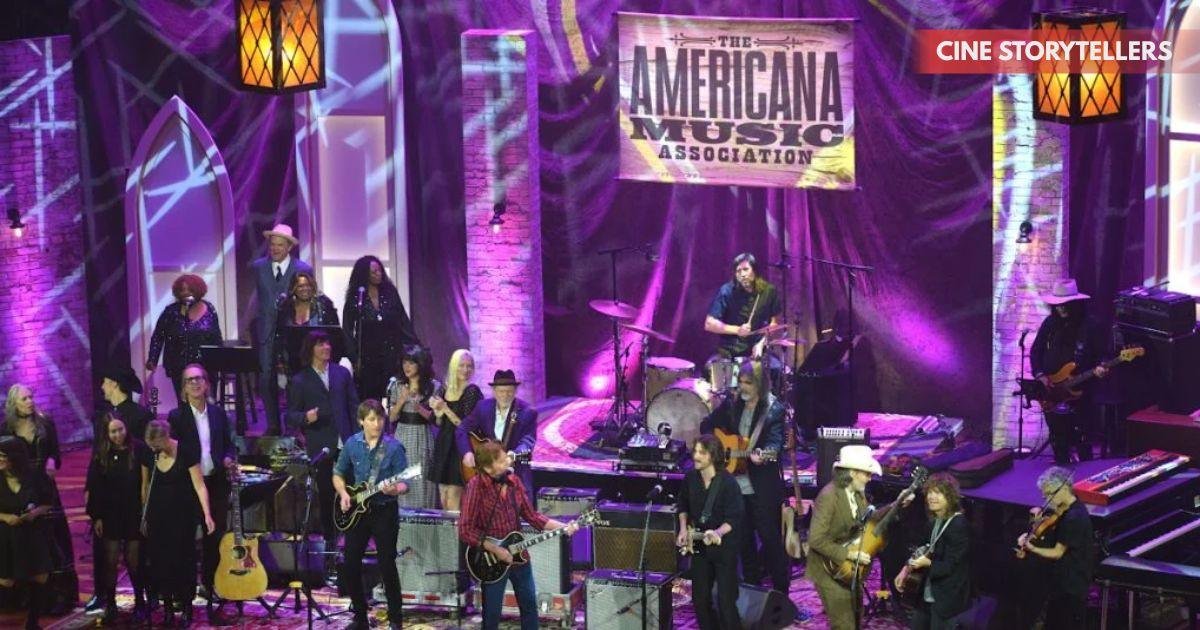In a heartfelt response to recent events, folk singer-songwriter Jesse Welles has released a new protest song titled Charlie, paying tribute to conservative activist Charlie Kirk, who was tragically shot during a public event at Utah Valley University on September 10, 2025. Known for his socially conscious and topical music, Welles’ latest release reflects on the profound consequences of political violence and the urgent need for civil discourse in America.
The Tragic Incident Behind the Song
Charlie Kirk, the co-founder of Turning Point USA, was delivering a speech as part of his “American Comeback Tour” when he was fatally shot by 22-year-old Tyler Robinson in front of approximately 3,000 attendees. This tragic incident shook the nation and prompted widespread condemnation from both sides of the political spectrum.
Jesse Welles, deeply affected by the event, sought to channel his emotions and concerns into music, resulting in the composition of Charlie. The song addresses the human cost of political extremism and highlights the need for unity and empathy, even amidst disagreement.
Jesse Welles’ Artistic Vision
Jesse Welles began his musical journey on social media, performing cover songs on TikTok. However, a personal experience involving his father’s health scare inspired him to pivot towards original compositions that address pressing societal issues.
Welles’ music often explores themes such as social justice, environmental concerns, public health, and political accountability. Charlie represents a continuation of his mission to use music as a tool for reflection, awareness, and dialogue in turbulent times.
Themes Explored in “Charlie”
Charlie delves into a range of themes relevant to the current social and political climate:
- Political Polarization: The song highlights the growing divide in America and encourages understanding between differing perspectives.
- The Consequences of Violence: Welles underscores how political disagreements, when taken to extremes, can result in devastating outcomes.
- Free Expression and Responsibility: The lyrics advocate for the protection of free speech while promoting accountability and civility.
- Empathy and Human Connection: Amid tragedy, the song calls for compassion and shared humanity as antidotes to hate.
By weaving these themes into poignant folk melodies, Welles creates a narrative that resonates with audiences seeking both reflection and hope.
Musical Composition and Style
Charlie features Welles’ signature folk-inspired sound, characterized by acoustic guitar, gentle percussion, and melodic storytelling. The song’s arrangement allows the lyrics to take center stage, emphasizing the message over production theatrics.
Listeners are drawn into the emotional depth of the piece, making it more than just a tribute—it is a reflective commentary on societal tensions. The music’s simplicity amplifies its impact, creating a space for contemplation and dialogue.
Public Reception
Since its release, Charlie has garnered attention from music critics, fans, and social commentators. Many praise the song for its emotional resonance and timely message. It has sparked conversations about the role of music in addressing contemporary political issues and the power of art to foster empathy and understanding.
Social media discussions highlight the song’s capacity to transcend political divides, with listeners from different backgrounds reflecting on the importance of civil discourse and responsible communication.
The Role of Music in Political Dialogue
Jesse Welles’ Charlie serves as a reminder of how music can influence societal conversations. Historically, protest songs have acted as catalysts for social change, providing voices to marginalized perspectives and challenging the status quo.
In today’s climate of heightened political tension, songs like Charlie encourage reflection, dialogue, and collective action. Welles continues this tradition, using art to bridge divides rather than deepen them.
Lessons from Jesse Welles’ Tribute
Charlie offers valuable lessons for artists and audiences alike:
- Art as Reflection: Music can process and respond to current events, helping listeners understand complex issues.
- Empathy Matters: Even in political disagreement, compassion remains essential.
- Courage to Speak: Welles demonstrates the importance of addressing uncomfortable truths through art.
- Engagement through Dialogue: Music can stimulate meaningful conversations beyond partisan lines.
These insights reinforce the cultural and societal significance of protest music, positioning Jesse Welles as a modern voice in this tradition.
The Broader Context: Political Violence and Its Impact
Charlie Kirk’s death is part of a troubling pattern of political violence that threatens the social fabric of communities. Welles’ song underscores the need for national reflection, urging both leaders and citizens to address the root causes of extremism and polarization.
By contextualizing tragedy within a musical narrative, Charlie humanizes the cost of political conflict, reminding audiences of the value of empathy, dialogue, and responsible civic engagement.
How to Listen to “Charlie”
Charlie is available on major streaming platforms including Spotify, Apple Music, and YouTube. Fans are encouraged to listen attentively to the lyrics and reflect on the broader messages regarding political responsibility, empathy, and human connection.
For those inspired to support Welles’ ongoing projects, social media pages and official websites provide updates on new releases and upcoming performances.
Also Read : Dylan Dreyer and Brian Fichera’s Split: Inside Their 12-Year Marriage and Amicable Separation
FAQs
Q1: Who is Jesse Welles?
A1: Jesse Welles is a folk singer-songwriter known for socially conscious protest songs addressing current political, social, and environmental issues.
Q2: What inspired the song Charlie?
A2: The song was inspired by the tragic shooting of conservative activist Charlie Kirk, reflecting on political polarization and the consequences of violence.
Q3: What themes does the song explore?
A3: Charlie explores themes of empathy, political division, free expression, accountability, and the human cost of violence.
Q4: How has the public reacted to the song?
A4: The song has received praise for its emotional depth and timely commentary, sparking conversations about the role of music in political discourse.
Q5: Where can I listen to Charlie?
A5: Charlie is available on streaming platforms including Spotify, Apple Music, and YouTube.
Join our WhatsApp channel for more updates and information about celebrities and entertainment.

I’m Atul Kumar, founder of Cine Storytellers and an entertainment creator with 5+ years of experience. I cover films, celebrities, music, and OTT content with a focus on accurate, ethical, and engaging storytelling. My goal is to bring readers trustworthy entertainment news that informs, inspires, and goes beyond gossip.
Discover more from Cine Storytellers
Subscribe to get the latest posts sent to your email.
